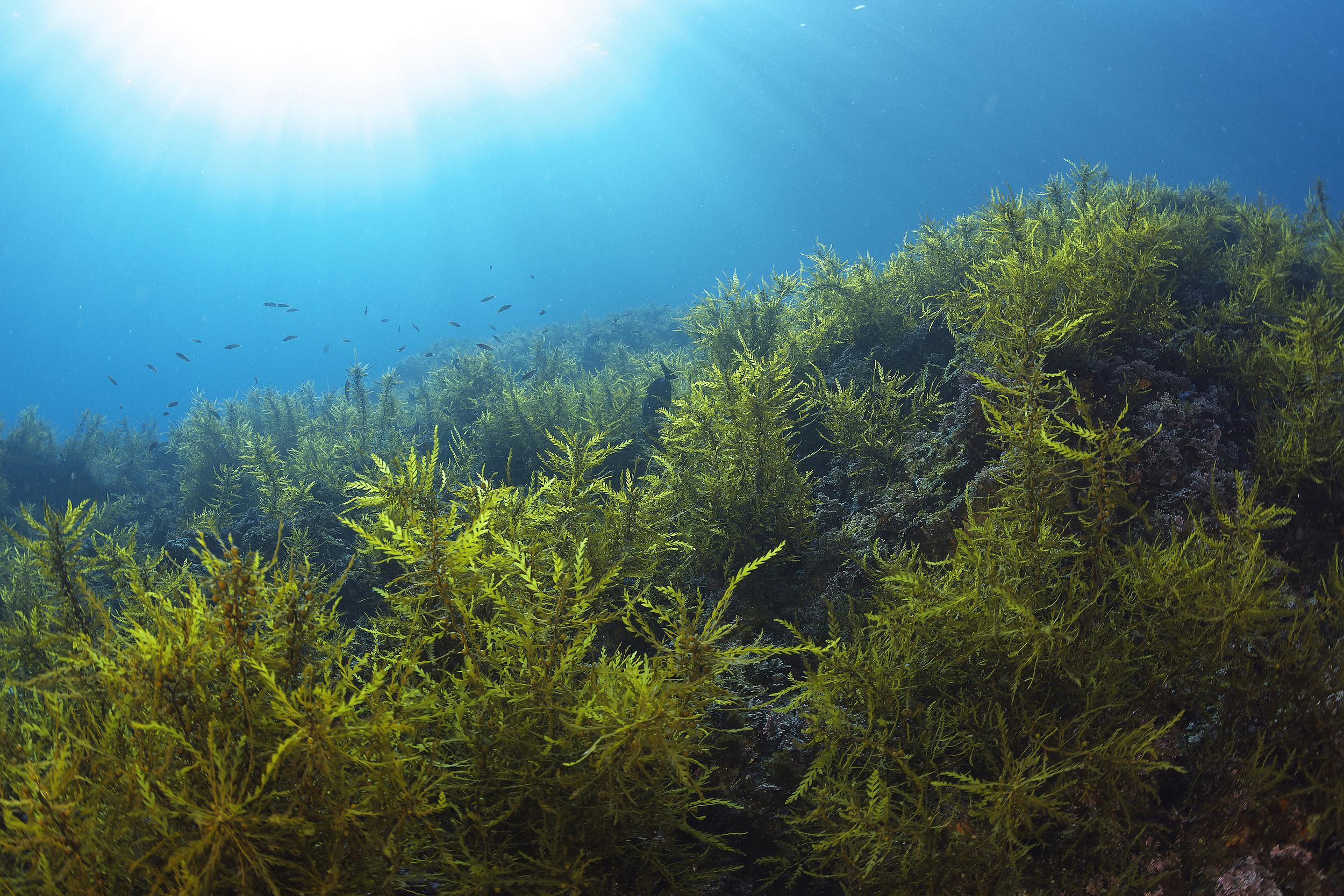Land-ocean Integrated ONCE Approach

By Staff Reporters
Land-ocean integration is one of China's proposed approaches for Ocean Negative Carbon Emissions (ONCE).
It refers to achieving a beneficial ecological cycle between east and west China by reducing land fertilization and enhancing carbon sequestration in oceans.
Massive inputs of terrestrial nutrients into the sea not only lead to eutrophication of coastal environments and trigger ecological disasters such as red tides but also make it difficult to preserve organic carbon in seawater.
In particular, the massive amount of terrestrial organic carbon input into the ocean, approximately 500 million tons of carbon per year, accounting for about 25 percent of the net terrestrial carbon sequestration, is converted into CO2 in estuarine and near-shore areas before being released into the atmosphere. This turns these high-productivity ocean areas into sources of CO2 emissions rather than sinks.
Based on the concept of land-ocean integration, Chinese scientists propose reducing the use of inorganic fertilizers such as nitrogen and phosphorus in fields through scientific fertilization. This will decrease the input of river nutrients into the ocean and mitigate coastal eutrophication.
In addition, macroalgae cultivation is an effective way to mitigate offshore eutrophication and enhance ocean carbon sinks. Macroalgae convert CO2 into organic carbon through photosynthesis. The carbon sequestration rate of this blue carbon ecosystem is ten times that of terrestrial plants. Moreover, recent research has found that feeding ruminants with algae can reduce methane emissions.
As a major livestock farming country, China can combine its western animal husbandry with eastern macroalgae cultivation. By implementing a synergistic industrial chain strategy of cultivating algae in the east and feeding cattle in the west, China contributes to the implementation of the Global Methane Pledge.







